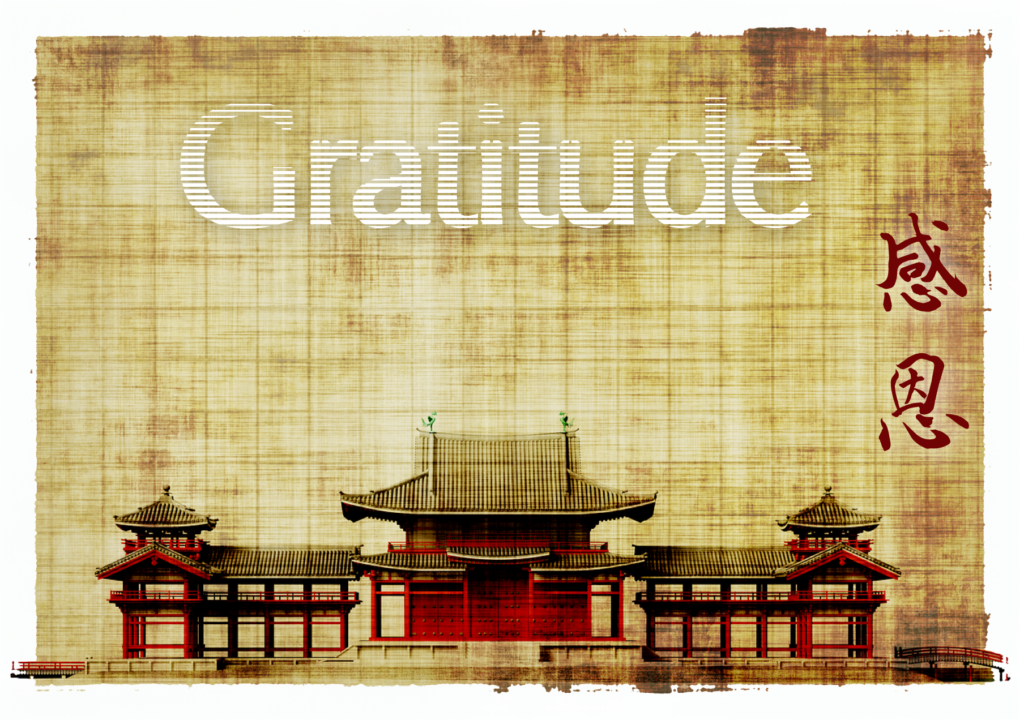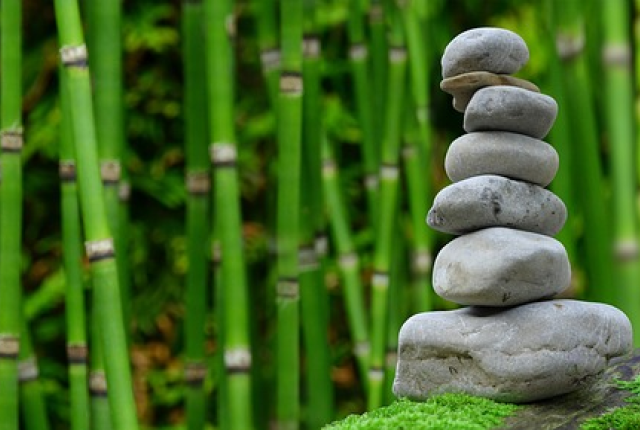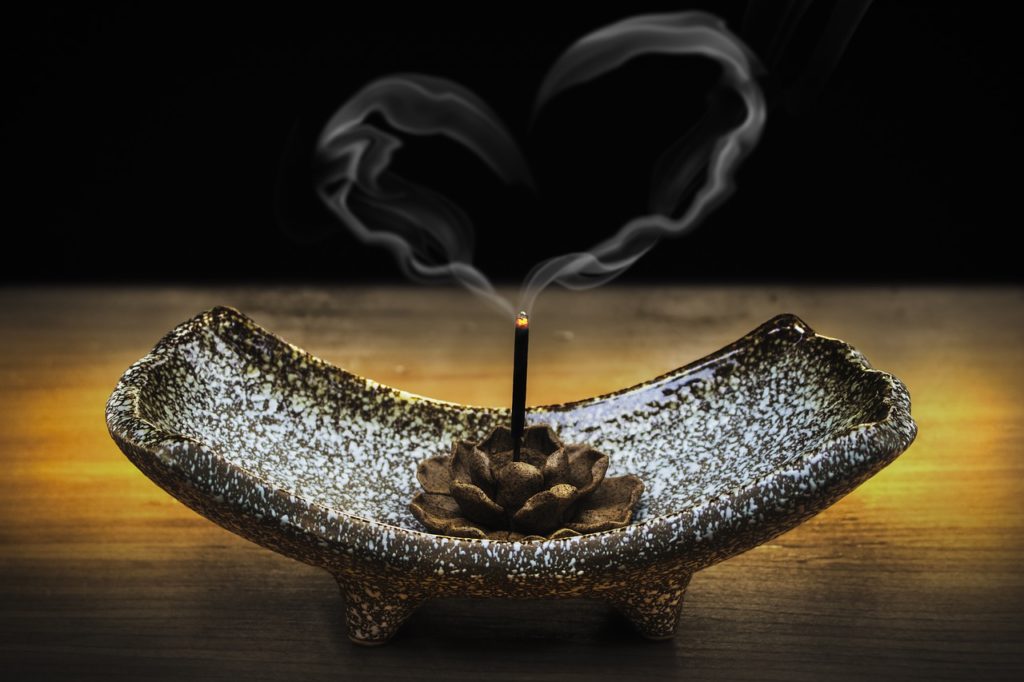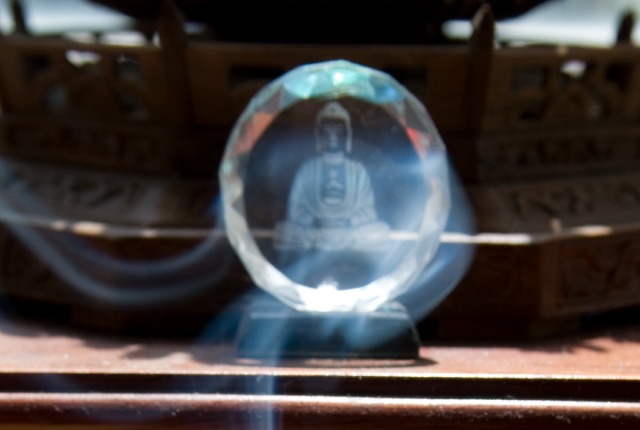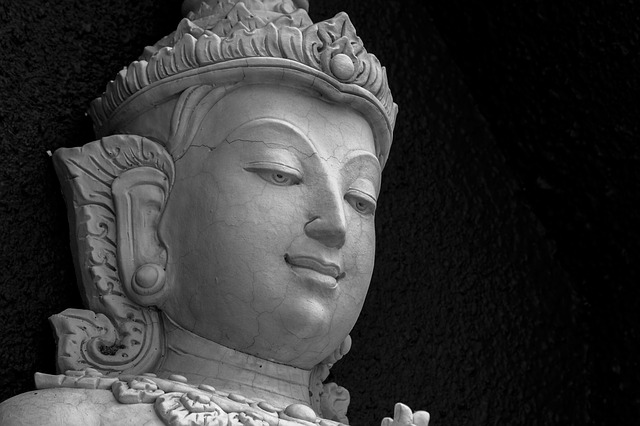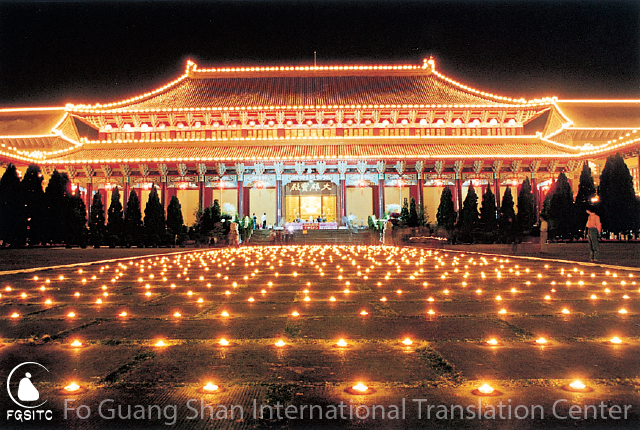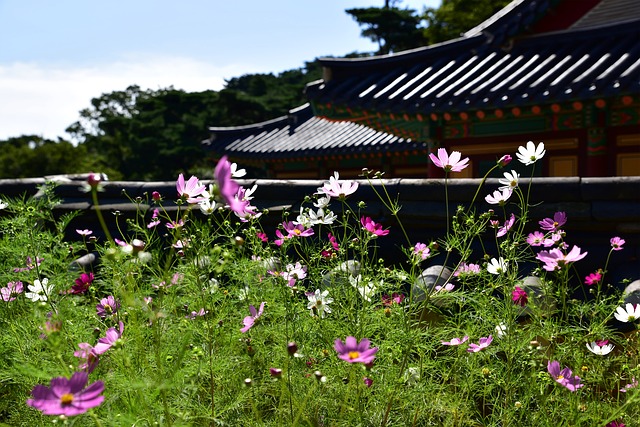
Observing the precepts is the concrete manifestation of compassion and the bodhisattva path.
All religions have their rules and precepts that must be followed. The Buddhist precepts are special because they are mostly concerned with the cultivation of morality. We can only attain inner wisdom and realize the highest levels of truth after we are good and moral people. For a Buddhist, the only way to truly respect the Buddha is by perfecting his or her human character. That is why, after taking refuge in the Triple Gem, all Buddhists should request to undertake the precepts. The precepts serve as the foundation for learning Buddhism and being a moral person.
The precepts are the life force of the Buddhist teachings, and are the source that all Buddhas draw upon to transform the world.
The Buddha said that all living beings have Buddha nature, but even though Buddha nature is present we must observe the precepts for it to manifest itself. That is why the Sutra of Teachings Bequeathed by the Buddha [Fo Yijiao Jing] says, “If one can observe the precepts purely, then one will obtain all wholesome Dharmas; if the precepts are impure, all wholesome virtues will not arise.”
While observing the Buddhist precepts may have its basis in faith, at their core the precepts are based upon a compassionate mind. When we practice the five precepts, we are able to offer others fearlessness. This is because, when one practices the precepts with purity, others need not fear that they will be violated in any way. This is why the five precepts are also sometimes called the “five great offerings.”
Compassion is the spirit of the Buddhist precepts.
Observing the precepts is the concrete manifestation of compassion and the bodhisattva path. This is epitomized by the Confucian dictum, “Do not do unto others what you would not wish done unto you.”
Because of this, most Chinese Buddhists practice some form of vegetarianism. Some will have a vegetarian meal at noon and then observe a fast on the first and fifteen days of the lunar month. Others will eat vegetarian porridge in the morning. While such practices are not the strictest, these people do at least have the resolve to have a vegetarian meal when those special days occur.
Buddhists do not have a monopoly on vegetarianism, but the Buddhist practice of vegetarianism is special in that it serves as a way to foster compassion and a respect for life.
Nothing in this world is more cruel or barbaric than killing living beings. Even a single ant, cockroach, fly, or mosquito is a living being, and they treasure their lives. However, when most people see an ant or a mosquito they kill them with a single swat of their hands or stomp them to death with their feet. Even though there are times when such insects become a nuisance in our lives, we should drive them away or take preventative steps beforehand. We cannot simply kill them, for their crimes do not warrant death. Taking their lives so suddenly is much too harsh.
The Buddhist precepts are like the pleasant fragrance of a lotus flower. When someone practices the precepts purely the fragrance of the precepts pervades the whole world, and that person is praised everywhere he goes. The Sutra on the Fragrance of the Precepts [Jie xiang jing] says, “The fragrances of all the flowers and fruits in the world, even sandalwood and musk, cannot be sensed everywhere. Only the fragrance of the precepts pervades the whole universe.”





